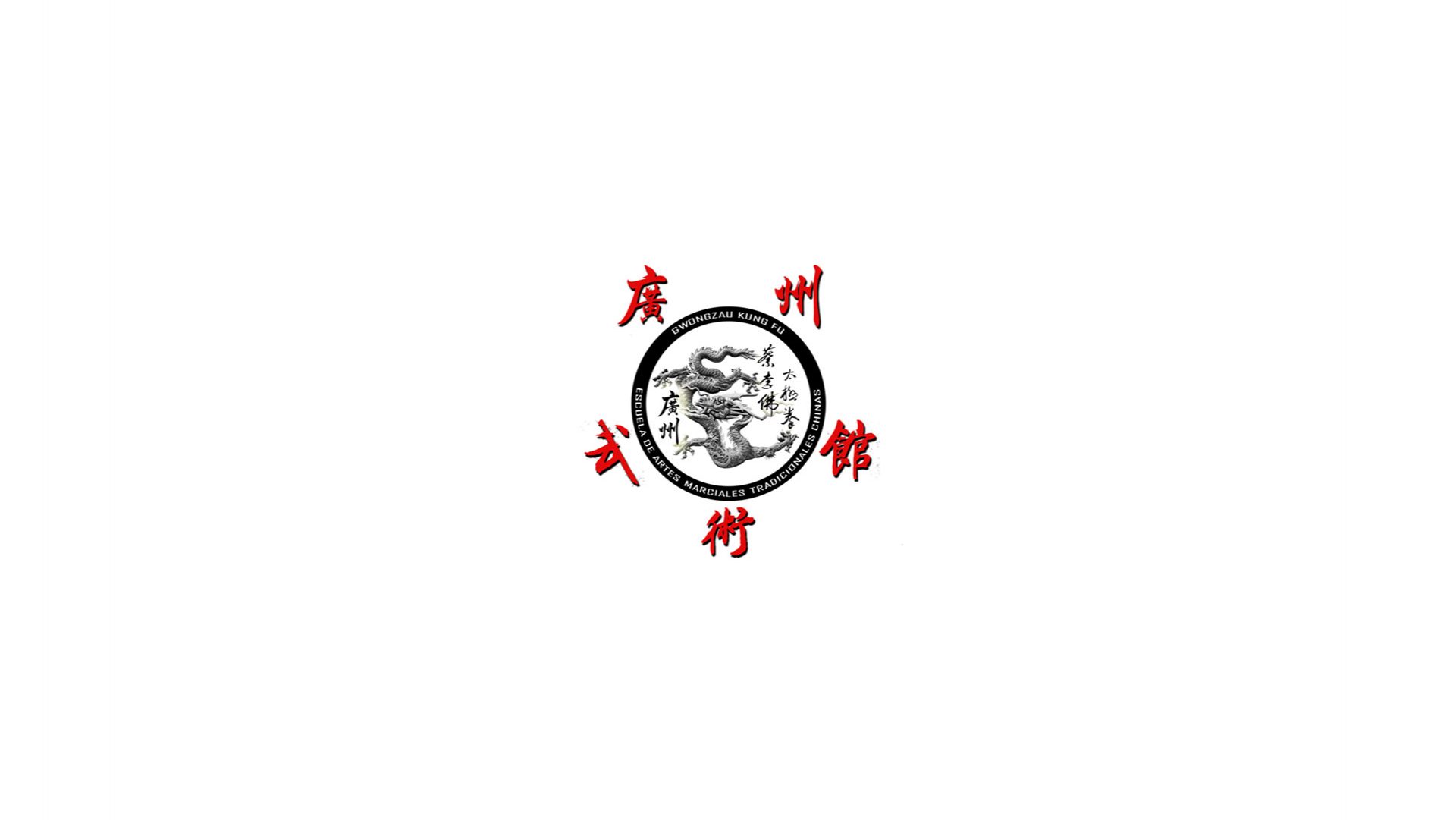The human being is emotional. Emotions play an important role in our lives, to the point that they determine our character and what kind of person we become: we follow our passions, we join someone for love, we stop doing many things out of fear or we can commit acts that we later regret in a fit of rage.
However, although we believe we consciously guide ourselves through emotions, we know little about them and we are not always aware of what we are feeling. Knowing our emotions means knowing ourselves better.

There is a clear tendency in current society to exacerbate some emotions and to deny or repress others. In our opinion, this is because, in general, we consider our emotions in a positive-negative dual plane. For us, this separation is wrong and involves a series of problems. Let's see why.
What are emotions?
An emotion is a psychophysical response of our organism to a stimulus, external or internal, that predisposes us to action. We talk about psychophysical responses because they occur in the brain but produce changes at the physiological level. These changes predispose the body to a specific response: anger causes an elevation in heart rate and hormones, which rises our energy, and an increase in blood flow to the hands, which predisposes us to hit or wield a weapon; fear increases the sense of alertness and pumps blood to our legs to prepare for flight; love and sexual satisfaction relax and provide calm, which facilitates coexistence; surprise provokes a certain facial expression, arching the eyebrows, which widens our visual field and allows the entry of more light to the retina, receiving a greater volume of information from the environment. Even sadness facilitates reflection, self-analysis, learning and assimilation or the elaboration of important losses, as long as it does not turn into chronic sadness.
Every emotion is positive from the moment it fulfills an adaptive function.
All these psychophysical responses are innate, they are part of an emotional repertoire transmitted from generation to generation over thousands and thousands of years, and we can assure that to a great extent this repertoire of emotions and responses has made possible the survival of our species in the past. Therefore, classifying emotions as positive and negative does not seem right. Every emotion is positive from the moment it fulfills an adaptive function.
The control of emotions
However, considering all emotions as positive does not mean that we should give free rein to each one of them, since in today's society it is very unlikely that we will find the dangers or situations in which these responses remain functional. That is to say, these answers, or rather, the actions or behaviors to which they impel us, that have helped us to stay alive, have little value in today's society, and to a large extent are becoming maladaptive reactions. Surely, we can not modify the emotion, but we can modify the behavioral response.
To control does not mean to repress, but to give an adequate and proportional response to the level of the situation that arises.
It is important at this point to distinguish between the psychophysical reaction (changes in the organism, unobservable, involuntary and uncontrollable), and the observable behavior or action (which is controllable).
Anger is positive in that it favors the fact that we do not let others trample on our rights, but we do not have to attack anyone at the first opportunity. Taking contact with emotion, consciously recognizing it and accepting it, without feeling guilty for it, is an important step to take charge of it properly. Uncontrolled anger is not positive, nor is disproportionate euphoria.
Once we take charge of our emotions, that is, we recognize them correctly and take responsibility for them, we can begin to control them. Again, to control does not mean to repress, but to give an adequate and proportional response to the level of the situation that arises, without harming others or ourselves.
Kung Fu and emotional control
As martial artists, we must be one hundred percent responsible for our emotions. Moreover, before becoming a Kung Fu master one must become a master of his own emotions. Mastery in the martial art goes through a complete control of the body, but also through a complete control of the mind.
Meditation is a powerful ally in this sense, and any true martial artist should practice it regularly in any of its forms. Meditation helps us to relativize our thoughts and emotions and to disidentify with them, so they can not overcome us.

In Chinese Buddhism, the expression "taming the tiger" (伏虎 fú hǔ) refers to subduing one's own mind.
Over time, all martial training must become a meditation in movement, always being fully aware of body and mind while practicing. Training in traditional martial arts makes us more humble and calm, quiets our ego and makes us more responsible. On the other hand, it provides an outlet for channeling emotional excesses. We will check how, after an intense practice, the mind is calm and our problems and concerns do not seem as big as that we can not manage them.
